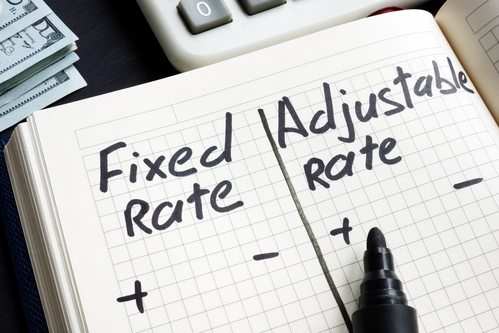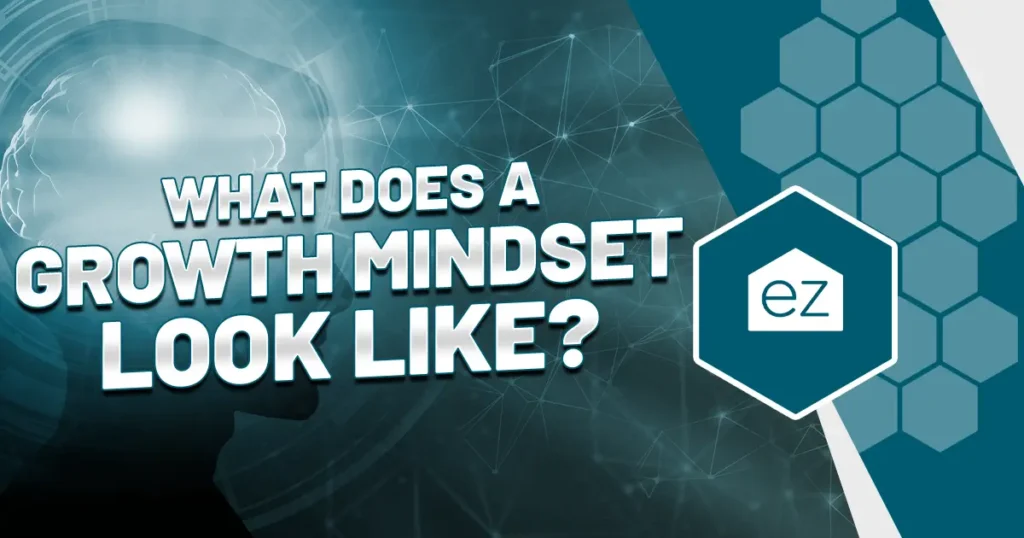Comparing Adjustable-Rate and Fixed-Rate Mortgages
Comparing Adjustable-Rate and Fixed-Rate Mortgages
When considering your options for mortgages, you’ll have to figure out if an adjustable-rate or fixed-rate loan is best for your needs. There are pros and cons to both. Here is a comparison between adjustable-rate and fixed-rate mortgages to help you make this crucial decision.

Advantages and Disadvantages of an Adjustable-Rate Mortgage
An adjustable-rate mortgage begins with a lower interest rate and lower monthly payments at the beginning of the loan’s term. A lot of times this means you are able to afford more house because lenders will look at your ability to make the lower payments in the beginning. If mortgage rates fall, you can reap the rewards without having to worry about refinancing. If you aren’t planning on staying in a home for many years, an adjustable-rate mortgage will also be to your advantage because you will have sold your houses before the mortgage rate increases significantly.
Borrowers who have big expenses right now may like this type of mortgage because the money they save on payments can go toward other needs. This also helps you build your savings if you don’t have a use for that money right now.
The unpredictability is one of the worst parts of the adjustable-rate mortgage. This can make it a lot more challenging to budget for your future. You also never know what’s going to happen. Although you might think you’ll have more money later down the line, you could end up taking a pay cut, getting laid off, or the economy could take a dive.
The initial rate increase in these loans is usually significant, and it may not abide by annual caps. Overall, these loans are also generally considered more complex. So it’s vital for you to ask your lender any questions you might have and make sure you truly understand what you’re getting into.
Advantages and Disadvantages of a Fixed-Rate Mortgage
Typically, fixed-rate mortgages are more difficult to qualify for than adjustable-rate mortgages. Over the life of the loan, the borrower may actually pay more than they would if they had an adjustable-rate mortgage.
The fixed-rate mortgage is more predictable. The interest rate and your monthly payments will remain the same no matter what is happening with the economy as a whole. This can make it easier for you to budget. There’s no guesswork, which is also less stressful.
Something else that’s more predictable about these loans is the terms. No matter what lender you go to, you will generally get the same options with the loan. While some might see this as a perk, it usually means there’s no benefit to shopping around for a loan and a lender won’t be able to customize the loan for you.
While having a fixed rate can be nice if interest rates rise, it’s also a disadvantage if the rates fall. You may still be able to lower your mortgage rate if you refinance. However, you’ll have to pay for borrowing fees and costs for a second time.
Sort Through Your Mortgage Options with the Carolina Mortgage Team
Start Your Home Search
Preston Guyton
Share this Post
Related Articles
Real Estate Tips
How to Communicate Your Value As A Real Estate Agent
Real Estate Tips
10 Essential Steps to Hiring a Contractor
Real Estate Tips
Why Perfection Squashes Your Real Estate Businesses
Real Estate Tips





